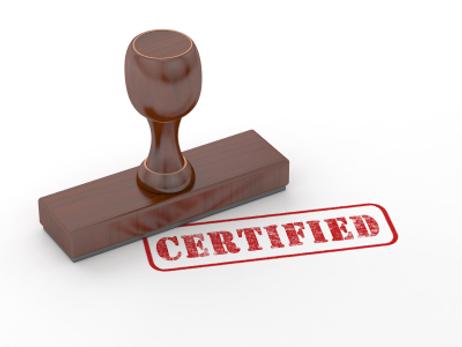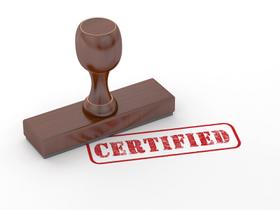If you haven't applied for a job - any job - in a couple of years, be aware of two things. First of all, you can do most job applications online. Secondly applying for a private school job similar to applying for a public school teaching job, although there are some subtle differences.
Review the job application process carefully. Don't assume that everything is the same as when you last applied for a job. It won't be. The biggest change is the online application process. Most employers including private schools will expect you to apply online these days. They do this so that they can screen applications. Years ago, an administrative assistant or secretary screened snail-mailed job applications. That involved opening envelopes and sorting the applications. Occasionally the assistant actually screened the applications, generally to ensure that all requested materials had been sent. At some point, the pile of applications and cover letters ended up on the desk of the person charged with filling the job opening. This process could take a couple of hours or even longer. That depended on the number of applications received.
Nowadays, the screening process can be done by the member of staff who is looking to fill the position. Viewing the online responses to an open position is very simple, fast and convenient. Furthermore, you can access the information anytime, anywhere on a smartphone or tablet.
Having drawn attention to all that, the basics of a job application have not changed.


































































